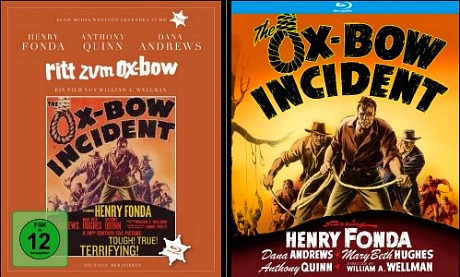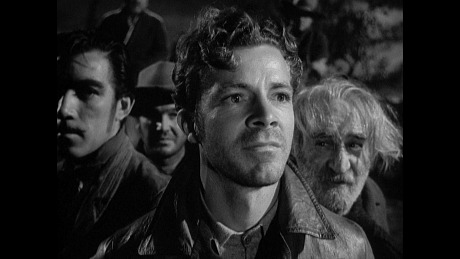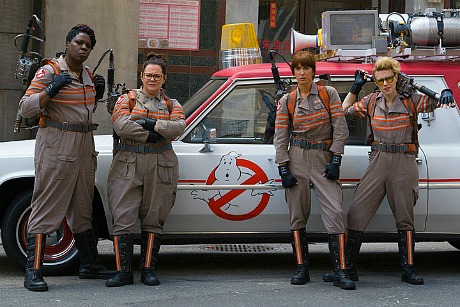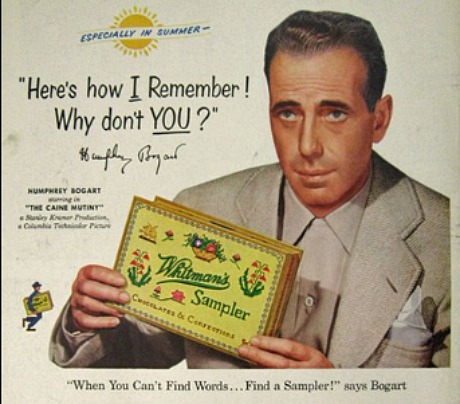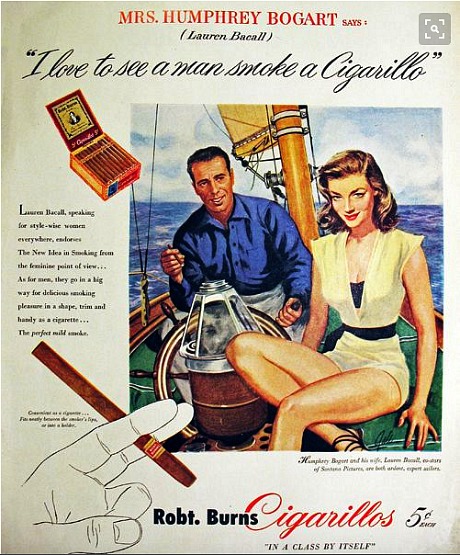There’s a piece in the August issue of Town and Country, written by Daniel Mendelsohn (who is not, as far as I know, related to HE’s constantly sweating, cigarette-smoking Ben Mendelsohn) and dated 6.29.16.
Definitely not aimed at under-40 readers, the piece is called “Is This the End of Civility As We Know It?” and is basically about how social media has created a more self absorbed and narcissistic population. The message is moot but stated nonetheless: when you’re out and about, it’s uncivil to engage in a more profound relationship with one’s cell phone than with the person or universe in front of you. And more than that, it makes you an idiot.
Related quote: “The Greeks had a special horror of people who imported their private concerns into the public arena — the agora, where civic life unfolded.
“In fact, they had a word for that kind of person. Idiotes is derived from the adjective idios, which means private. Originally its meaning was innocuous: a private person. But precisely because life in a city like Athens or New York takes place in shared spaces as well as in private ones, the word came to mean someone who was irritatingly, stubbornly, contrarily ‘private’ even when he shouldn’t be.
“Over many centuries the last syllable of the word was eroded away by a million lips in 10,000 cities, from Athens to Constantinople to Antioch to Rome, leaving us with what is, when you think about it, as good a term as any to describe a figure who clomps obliviously down a city street while seemingly talking to himself, or sucker-punches someone for having different views, or practices any number of other behaviors that we would once have laughed at but now have become appallingly common: idiot.”
Read more
